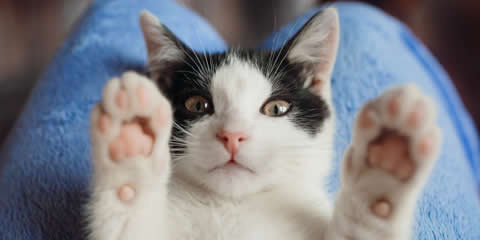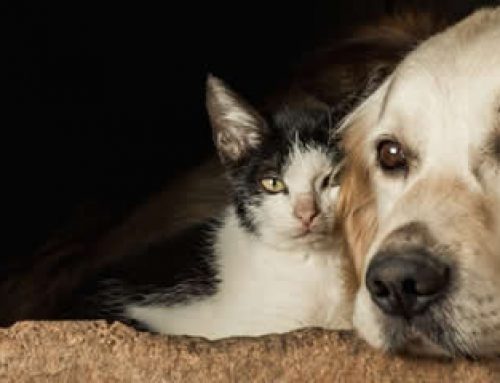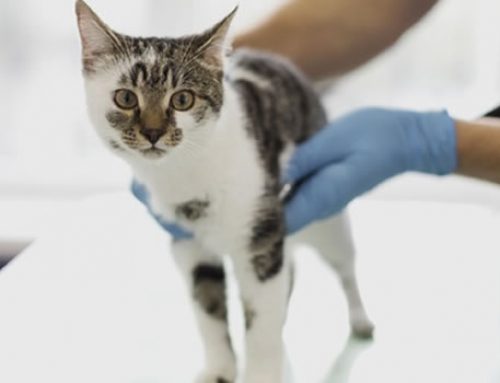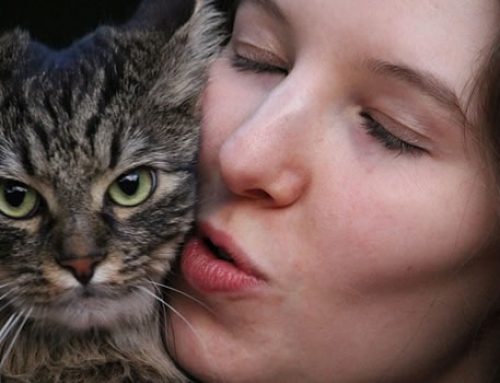As a cat owner, part of pet care entails learning about the different noises felines make and what they mean. Kitties use a variety of sounds to express their feelings to each other and their human companions. The following guide offers important information about these actions so you can gain a deeper understanding of your furry friend.
A Guide to Cat Noises to Help Owners Improve Pet Care
1. Meowing
While kittens meow to let their mothers know they need them, adult cats mainly do this to communicate with humans. Some only make one or two types of meows, while others utilize many varieties of this vocalization. A “mew” typically indicates hunger or the need for companionship, and extended “meow” sounds often signal irritation or concern.
Repetitive or high-pitched ones usually mean that the kitty is offering a greeting or wants attention. Older cats might make this noise a lot because they feel ill or their senses, like hearing or vision, are diminishing.
2. Growling & Hissing
Throaty growling and hissing tell you a cat is seriously upset or scared. If this is the case, frightened felines often exhibit other physical signs, such as flattened ears, arched backs, and puffed-out tails. Never approach a growling or hissing cat, especially if it’s not yours; it may become aggressive for self-protection purposes. Maintain a safe distance, remove the upsetting agent if you can, and use a soothing tone to calm the kitty.
3. Chirping & Chattering
Many cats make adorable chirping and trilling sounds when they are happy, excited to see you or want to show you something, such as their empty food bowl. They also emit similar chattering and twittering noises upon viewing prey animals—like birds, mice, and squirrels—because they’re excited, and their instincts have kicked in, making them want to chase these creatures.
4. Purring
While many people believe these animals exclusively purr when they are happy and content, pet care experts and veterinarians might say that they also do it as a way of self-soothing. This can occur if they’ve recently been given medication for an injury, illness, or anxiety. There’s no reason to worry about a purring kitty unless they are also displaying symptoms like fatigue, decreased appetite, vomiting, or excessive wound licking. Listening to a purring cat offers human health benefits, such as lowered blood pressure and stress levels.
Help your kitty stay healthy and happy with pet care services from Wards Corner Animal Hospital in Loveland, OH. Our vet clinic provides animal owners throughout the Cincinnati area with a full suite of services, including flea treatments, spay and neuter surgeries, emergency vet care, and vaccinations. Our compassionate veterinarians are the only ones in the area that perform emergency work while also providing house calls and bird and exotic pet services. Call (513) 683-2883 to schedule an appointment.




